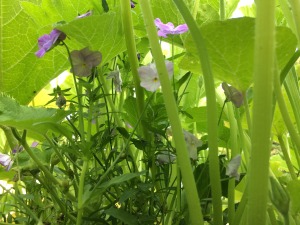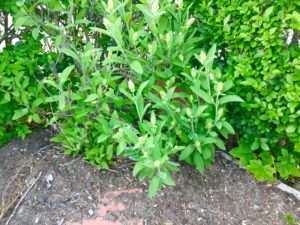Accept these prayers and praises, Father, through Jesus Christ our great High Priest, to whom, with you and the Holy Spirit, your Church gives honor, glory, and worship from generation to generation. AMEN.
When my boys were young, even before they could walk, we played a simple game. I would offer a wooden block or soft toy to them. They would take it, hold it for a moment, smile, and then stretch out their hands to offer it back. I would take the toy, smile and say thank you, and begin the game again. After the first couple of handovers, it was hard to tell which part they enjoyed more – the giving or the receiving. The toy itself didn’t really matter that much; it was the accepting and offering that brought them joy.
Sometimes when I pray, it feels like I’m an infant playing this game. I’m given a day and the miracles it holds. I hold it for a moment, then hand it back to the Giver. It’s a delightful game, at least for me and I assume for God – why else would God play? But there is one big difference: whatever I hand over to God in prayer comes back in a different form. The love of God transforms it into something more precious than whatever it was I handed over. Or perhaps it’s only when it’s given back that I see it for what it truly is. Either way, I am made new by what I’ve given and then been given back.
I think that’s one way to understand Church at prayer: a group of God’s beloved receiving Jesus, holding him close, then giving him back.
And this meal we share on Sundays? What a wonderful way to recognize in Jesus the giver, take the gift of life, and offer it back out of love and delight.



